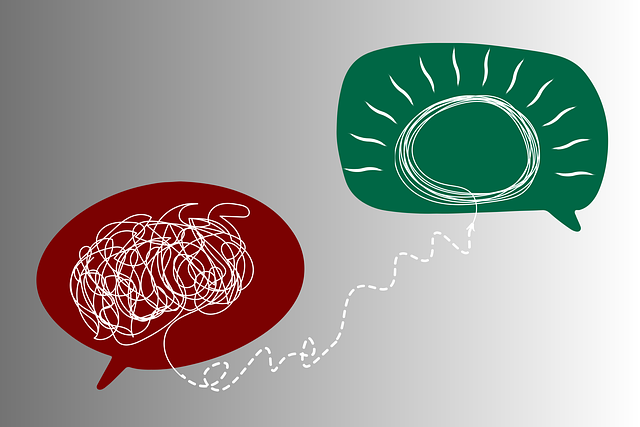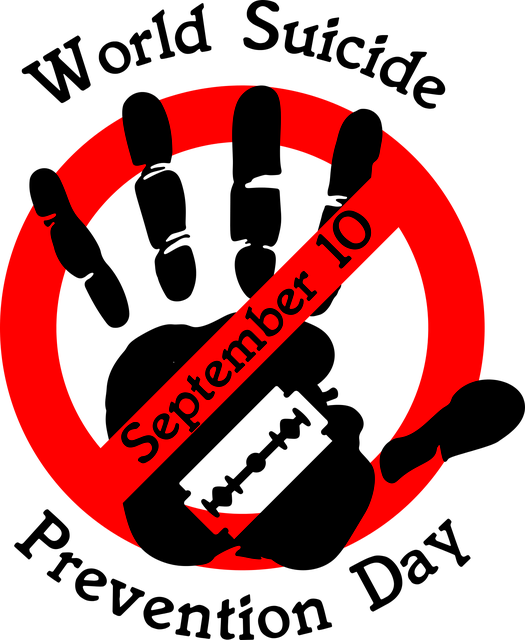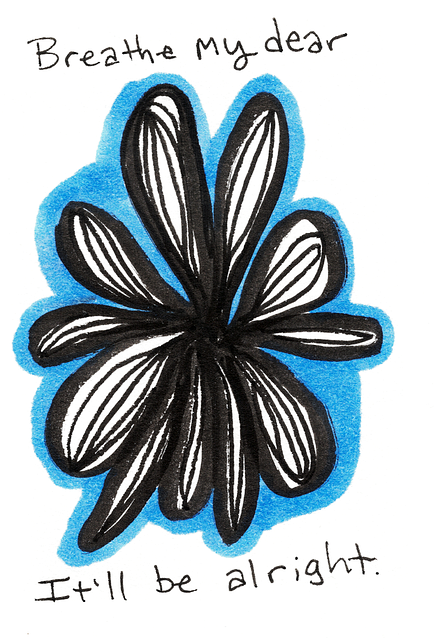Louisville Abuse Survivors Therapy (LAST) employs the RFM framework, combining personalized therapy, social skills training, and mindfulness practices to empower abuse survivors. This holistic approach addresses complex trauma responses, fosters resilience, and enhances mental wellness through creative outlets, group support, and a tailored podcast series. LAST's culturally sensitive approach recognizes healing as collective, emphasizing shared stories and community engagement for long-term recovery.
In Louisville, building resilience among abuse survivors is a vital step towards healing. This article explores RFM (Recovery, Resilience, and Mastery) as a powerful framework for individuals navigating trauma. We delve into the profound impact of trauma on the human psyche, emphasizing the need for tailored therapy approaches. Through practical strategies and exercises, it illuminates effective methods to enhance resilience, offering hope and support to Louisville abuse survivors on their journey towards recovery and community healing.
- Understanding RFM: A Framework for Healing and Resilience in Louisville Abuse Survivors
- The Impact of Trauma on Individuals: Unraveling the Need for Customized Therapy Approaches
- Strategies for Building Resilience: Exercises and Techniques for Louisville Abuse Survivors to Regain Control
- Louisville Abuse Survivors Therapy: Journeying Towards Recovery and Strengthening Community Support Systems
Understanding RFM: A Framework for Healing and Resilience in Louisville Abuse Survivors

In Louisville, the RFM (Resources, Strengths, and Meaning) framework has emerged as a powerful tool in helping abuse survivors heal and build resilience. This therapeutic approach focuses on empowering individuals by identifying and harnessing their resources, recognizing their inherent strengths, and reconnecting them with meaningful activities and social connections. By fostering self-awareness exercises, the RFM model enables survivors to navigate their journey towards recovery with enhanced confidence.
Louisville Abuse Survivors Therapy often incorporates Social Skills Training and Confidence Boosting techniques within the RFM framework. These exercises help individuals rebuild their social interactions and assertiveness, which are crucial aspects of resilience building. Through these therapies, survivors learn to transform their experiences into sources of strength, fostering a sense of empowerment and self-efficacy that is vital for long-term healing.
The Impact of Trauma on Individuals: Unraveling the Need for Customized Therapy Approaches

Trauma has a profound and lasting impact on individuals, shaping their emotional landscape and influencing their overall mental wellness. For those who have experienced abuse or lived through challenging circumstances, the effects can be complex and far-reaching. Louisville Abuse Survivors Therapy recognizes the critical need for customized therapy approaches to address these unique challenges effectively.
Every individual’s journey with trauma is distinct, and one-size-fits-all strategies often fall short in meeting their specific needs. Customized therapy goes beyond surface-level interventions by delving into the intricate web of emotional responses, cognitive distortions, and behavioral patterns that have developed as coping mechanisms. Through this tailored approach, healthcare providers can help individuals process and heal from trauma while also equipping them with valuable communication strategies and burnout prevention techniques, similar to those explored in the Mental Wellness Podcast Series Production, ultimately fostering resilience and enhancing their overall quality of life.
Strategies for Building Resilience: Exercises and Techniques for Louisville Abuse Survivors to Regain Control

Building resilience is a vital step for Louisville abuse survivors to regain control and navigate their healing journey. Therapy plays a crucial role, offering specialized Louisville Abuse Survivors Therapy that addresses unique challenges. Through tailored exercises, individuals can develop coping strategies to manage trauma’s lasting effects. One effective approach involves mindfulness practices, such as meditation and deep breathing, which help survivors stay grounded in the present moment, reducing flashbacks and anxiety.
Additionally, engaging in creative outlets like art therapy or writing allows survivors to express themselves freely, fostering emotional intelligence and self-awareness. Group therapy sessions also prove beneficial, providing a safe space to share experiences, build connections, and learn from peers. By combining these techniques, Louisville abuse survivors can enhance their resilience, prevent burnout, and cultivate a deeper sense of control over their lives. Cultural sensitivity in mental healthcare practice further ensures that therapeutic approaches are tailored to each individual’s unique background and needs.
Louisville Abuse Survivors Therapy: Journeying Towards Recovery and Strengthening Community Support Systems

Louisville Abuse Survivors Therapy (LAST) is a pioneering initiative aimed at empowering individuals who have experienced abuse and trauma. Through a comprehensive approach that combines therapy, support groups, and community engagement, LAST offers a journey towards recovery and resilience. The program recognizes that healing is not just an individual process but is deeply intertwined with the strength of community support systems.
This unique therapy model encourages survivors to share their stories, fostering a sense of belonging and understanding. By participating in the Mental Wellness Podcast Series Production, survivors can find anxiety relief and develop inner strength through open discussions and peer support. LAST’s holistic approach not only addresses the emotional and psychological needs of abuse survivors but also equips them with tools to navigate life’s challenges, ultimately strengthening their resilience.
Louisville Abuse survivors therapy is a powerful tool for healing and building resilience. By understanding RFM—a framework that emphasizes the impact of trauma on individuals—and employing customized therapy approaches, survivors can effectively regain control over their lives. The strategies for building resilience outlined in this article, including specific exercises and techniques, offer hope and practical steps towards recovery. Strengthening community support systems is also crucial, as it creates a network of care and understanding that fosters healing and empowers Louisville abuse survivors to thrive.














